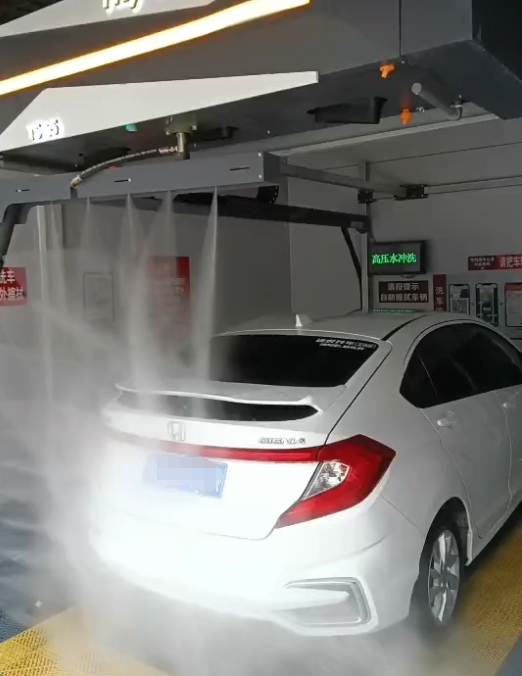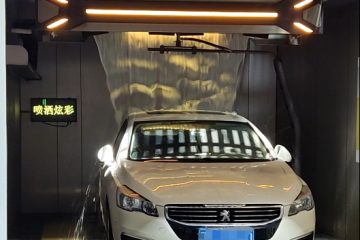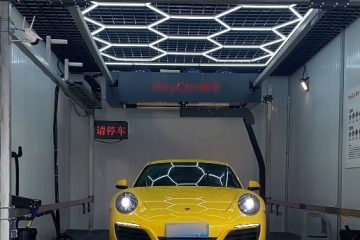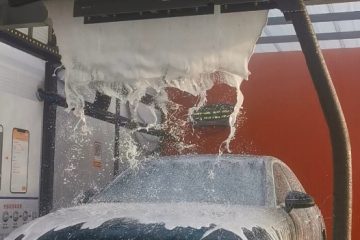Brazil, a land of vibrant culture and sprawling cities, is experiencing a surge in popularity for automatic car wash machines. While traditional hand car washes remain prevalent, the convenience and efficiency of automated systems are increasingly appealing to both consumers and businesses. This article explores the growing trend of automatic car washes in Brazil, examining the factors driving their adoption and the challenges they face.

The Driving Forces Behind the Boom:
Several factors contribute to the burgeoning market for automatic car washes in Brazil:
Time Constraints: In busy urban centers like São Paulo and Rio de Janeiro, time is a precious commodity. Automatic car washes offer a quick and convenient solution, reducing the time spent on car cleaning. This resonates particularly with busy professionals and families.
Increasing Car Ownership: With a growing middle class and rising disposable incomes, car ownership in Brazil is on the rise. This translates to a larger pool of potential customers for automated car wash services.
Technological Advancements: Modern automatic car washes offer sophisticated cleaning technologies, including high-pressure water jets, specialized detergents, and even waxing options. These advancements deliver superior cleaning results compared to traditional methods.
Environmental Concerns: While concerns exist regarding water usage, many modern automatic car washes incorporate water recycling systems to minimize their environmental impact. This eco-conscious approach aligns with growing environmental awareness among Brazilian consumers.
Investment Opportunities: The growing demand has attracted investment, leading to the expansion of established chains and the emergence of new players in the market. This increased competition is driving innovation and potentially lowering prices for consumers.
Challenges and Considerations:
Despite the positive trends, the automatic car wash industry in Brazil faces certain challenges:
Water Scarcity: Brazil faces water scarcity issues in certain regions, making responsible water management crucial for the sustainability of automatic car washes. The adoption of water recycling systems is therefore vital.
Infrastructure Limitations: Establishing automatic car washes requires adequate infrastructure, including reliable water and electricity supplies. This can be a hurdle in some areas of the country.
Economic Fluctuations: Brazil’s economy is susceptible to fluctuations, which can impact consumer spending on non-essential services like car washes.
Competition from Traditional Car Washes: Traditional hand car washes remain a significant presence, offering personalized service and potentially lower prices in some instances.
The Future of Automatic Car Washes in Brazil:
The future looks bright for automatic car washes in Brazil. As technology continues to advance and consumer demand increases, the industry is poised for further growth. The focus will likely be on enhancing efficiency, minimizing environmental impact, and offering a wider range of services to cater to diverse customer needs. The successful players will be those who adapt to the challenges, embrace sustainable practices, and provide a consistently high-quality service. The sparkling clean future of Brazilian vehicles is likely to be automated.




